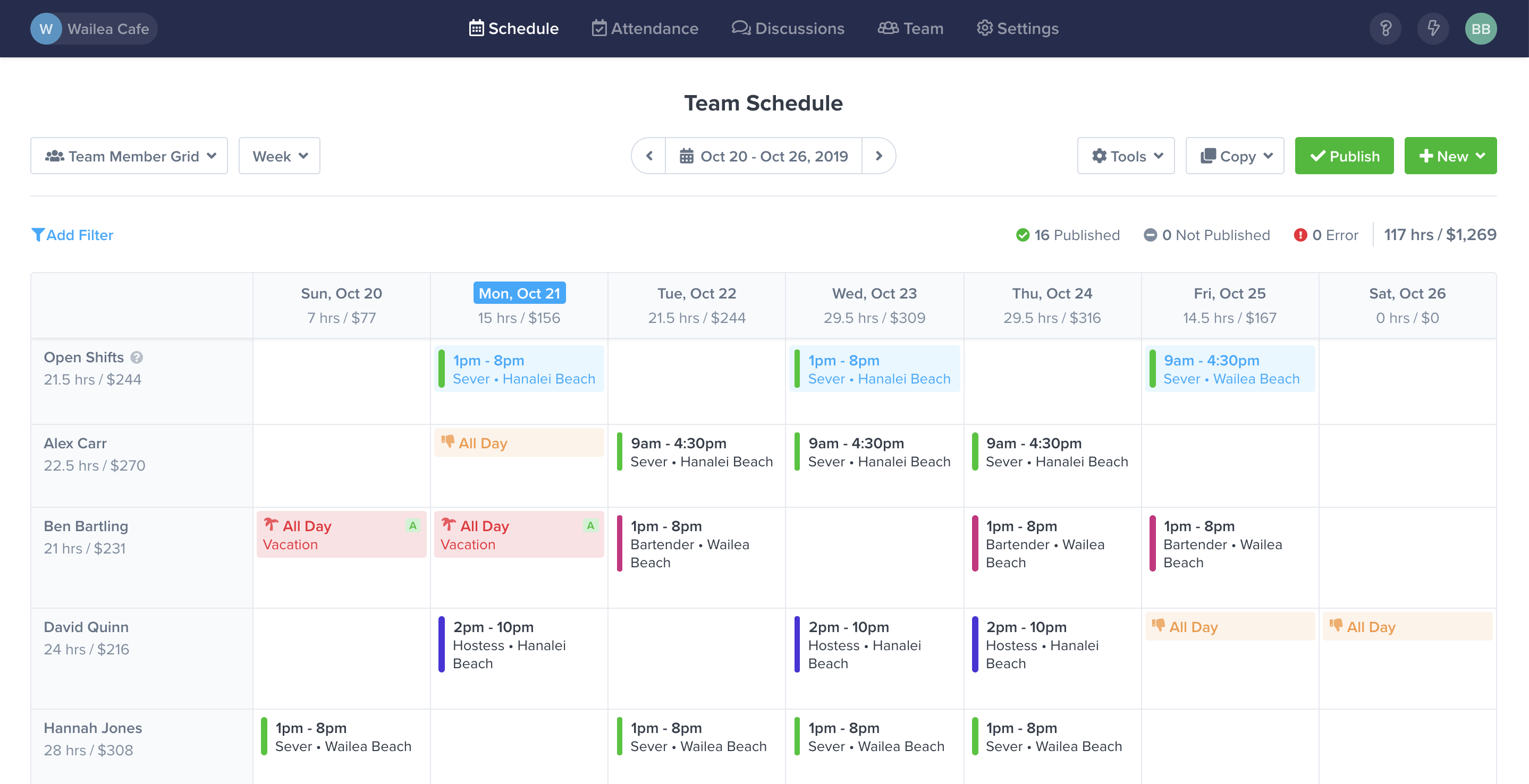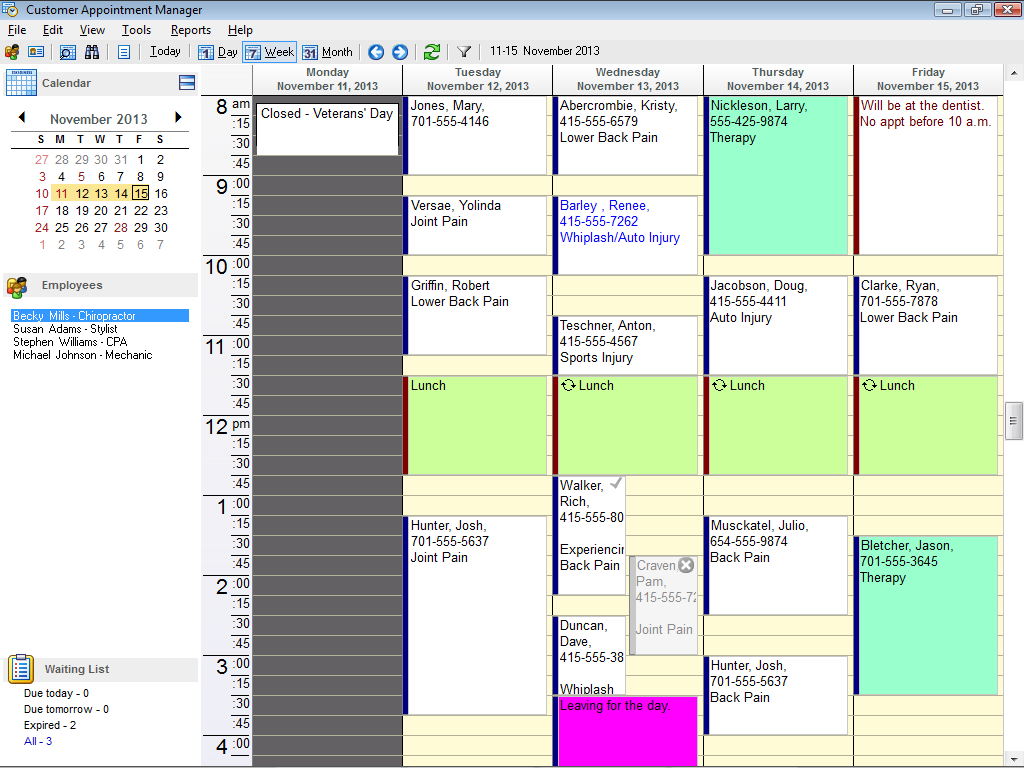

For example, when scheduling an operation the appointment should include the preoperative area complete with bed and medical staff, the operating room complete with required staff and equipment, a recovery room for post-operation.


You would start by making sure the “calendar”- or in other words the appointment scheduling system - is intelligent and enables staff to book all that is required for the appointment. Which IT capabilities could you use to remedy this situation? The result is that 50% of the time staff would be overworked and 50% of the time staff would be underutilized, and neither state is desirable. You would need to reserve time for unexpected events such as patient appointments taking longer than planned, doctors urgently summoned to emergency operations, and waiting for supporting staff and equipment to be available. Would such a basic appointment tool suffice to handle the complexities of scheduling surgical procedures and other complex operations that require coordinating between schedules of multiple staff and resources?įor example, suppose you are tasked with managing the staff’s schedule for planned appointments only. Imagine that hospital personnel could only use a simple calendar for hospital appointment scheduling.


 0 kommentar(er)
0 kommentar(er)
